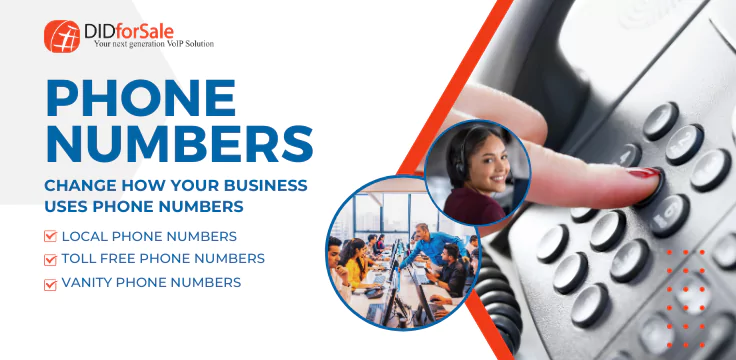There’s no such thing as a perfect technology. A good example is VOIP. Though VOIP offers a slew of advantages to both consumers and business owners, it still has its own limitations. Knowing them in no way demoralizes VOIP. Nevertheless, as a user, you ought to have realistic expectations about it.
1. Without Internet connection, it’s nothing.
You’ve heard about cable VOIP or other forms of topology. Regardless of your choice, however, VOIP is non-existent without Internet connection. After all, it stands for voice over Internet protocol. If you’re able to hear sounds or play videos, then most probably you’re not using VOIP but something else, perhaps traditional broadband connection.
This also means that if you’re struck in a destination that has poor connection or your provider is currently down, you cannot communicate via VOIP.
2. The quality of sound and video can be very poor.
Poor video and audio quality sometimes happens for a number of reasons. First, there can be such a very high traffic, with people using the same bandwidth as your VOIP. Moreover, the process of compressing and decompressing, as well as sending and converting signals in the IP network, can mean loss or delay.
In fact, many Skype users have already complained about “dropped calls” when they’re using their smartphones for VOIP connection.
Another plausible reason is your weak Internet connection. If it’s not fast enough, then you can’t expect VOIP to work flawlessly.
3. It’s not reliable for 911 service.
One of the best things about living in the United States is there’s a unified method of reporting agencies. When you’re in deep trouble or someone else is, you simply have to dial the three-digit number. But there’s a hitch: it is solely dependent on your geography. VOIP, sadly, isn’t geographically based. You have to find a way on how to report emergencies.
Some VOIP providers try to compensate this, though, by offering you an E911 service. Instead of being able to talk to someone on the phone, your address is directly sent to their station.
4. It’s not that secure.
The different malicious activities online can happen right in your own VOIP service. It’s definitely possible for someone to steal your information as it travels through the IP network. Someone can just intercept any call and use the opportunity to scam you.




